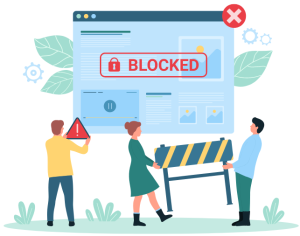Here are four things many parents don't know:
Most parents of victims have no idea it's happening. Cyberbullying happens in a sort of parallel communication universe, one that most parents simply d...
You're almost there...
Register or Login to your account to view requested content.

Joining the Cyber Safety Plus Membership has many benefits including:
- Exclusive Articles and Practical Advice
- Extensive Online Training Library
- Monthly Live Zoom Meetings
- Supportive Parent Community
- And More!


